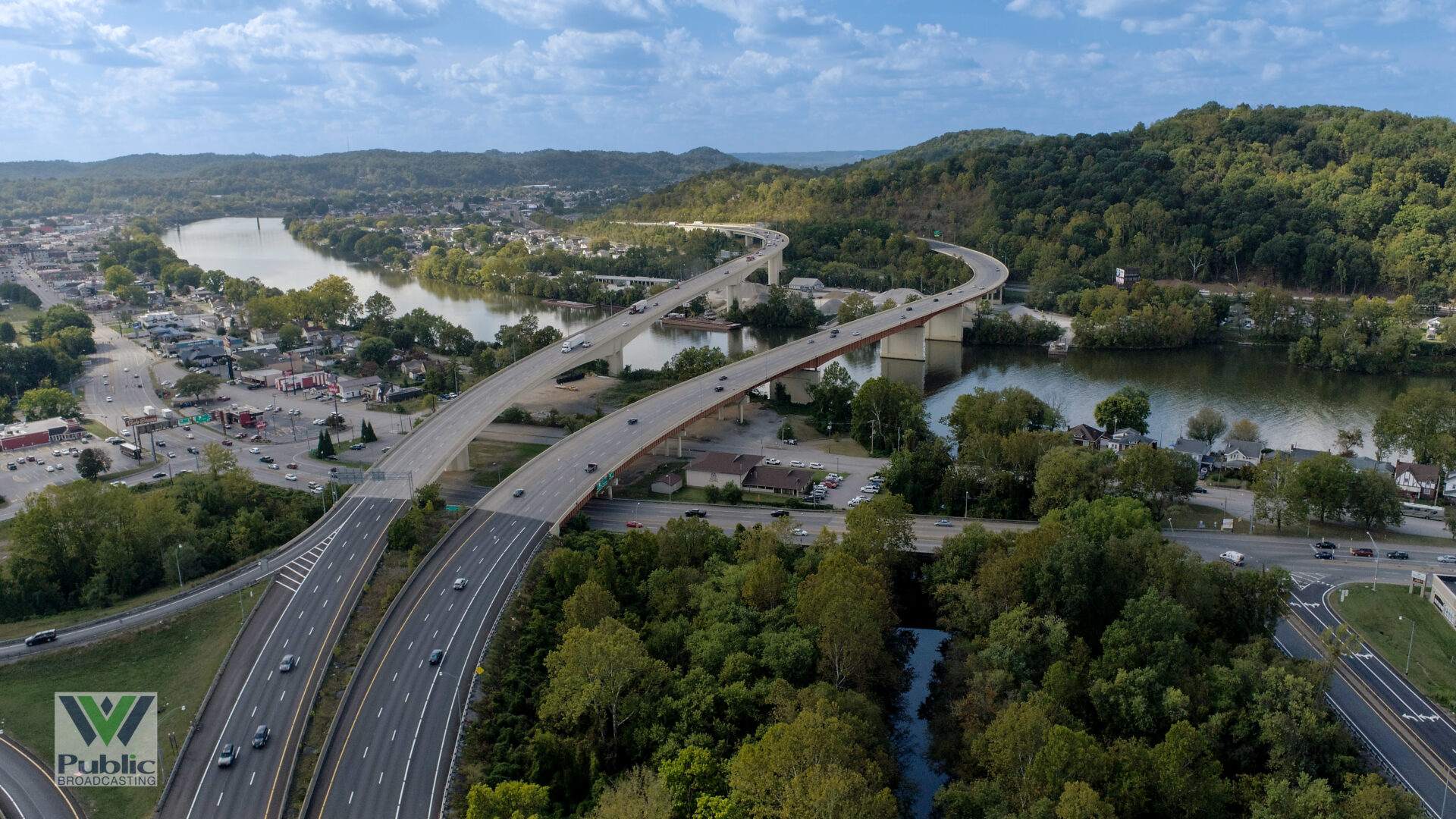Union Carbide has asked a federal judge to reject a proposed settlement over a landfill site in South Charleston.
Courtland, a real-estate company, has proposed that Union Carbide pay a civil penalty of $1.4 billion to settle a series of lawsuits over an inactive waste disposal site.
Last year, U.S. District Judge John T. Copenhaver Jr. ruled that the Filmont Landfill in South Charleston was an illegal open dump under federal law and that Union Carbide violated the Clean Water Act by failing to seek a permit for the site.
Union Carbide has asked Copenhaver to reject the proposed penalty, as well as Courtland’s proposed injunction under the Resource Conservation and Recovery Act.
That injunction would mean the U.S. Environmental Protection Agency would supervise the cleanup of the site.
Union Carbide is working with the West Virginia Department of Environmental Protection on a voluntary remediation plan. The company says Courtland’s proposal would delay the cleanup of the site.
Union Carbide cited testimony from David Carpenter, a licensed remediation specialist, that the voluntary program under DEP could get the site remediated by the end of 2026.
Carpenter testified that Courtland’s proposed injunction would extend the process by five to eight years.
The EPA’s program, the National Contingency Plan, is meant for sites that pose an imminent danger to the public, Carpenter said, and that the Filmont Landfill was not such a site.
Union Carbide operated the landfill for about 30 years, but its existence wasn’t widely known until a 2018 lawsuit in federal court in Charleston.
A landfill that discharges stormwater into navigable U.S. waterways must seek a permit under the Clean Water Act. Filmont is adjacent to Davis Creek, a tributary of the Kanawha River.
Union Carbide is a subsidiary of Dow Chemical.
